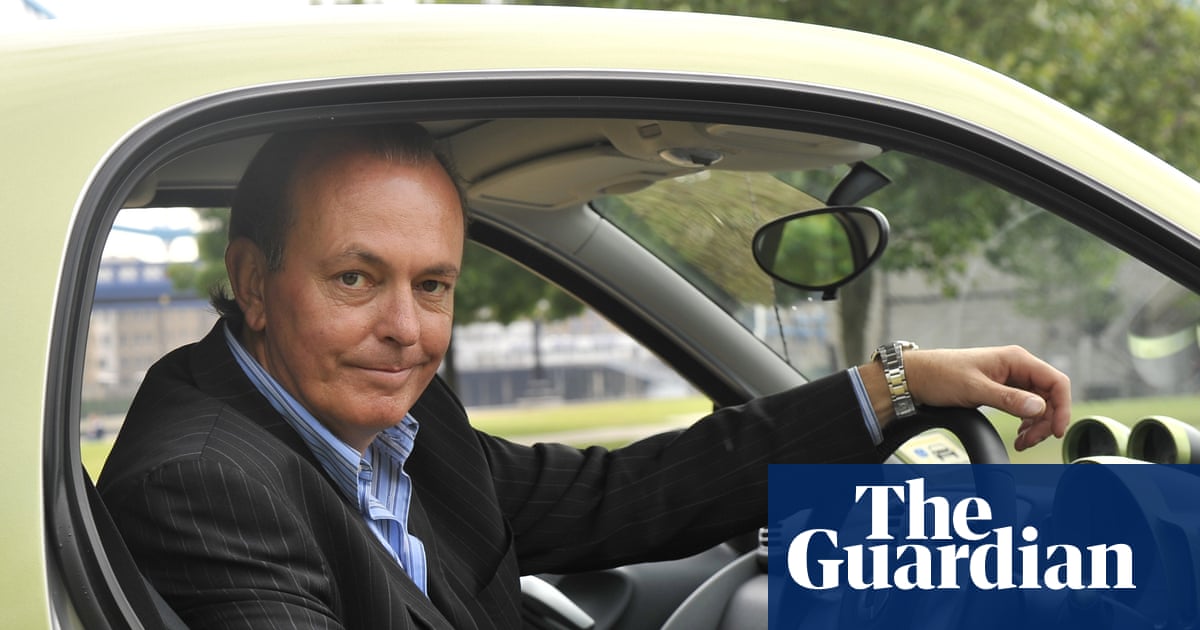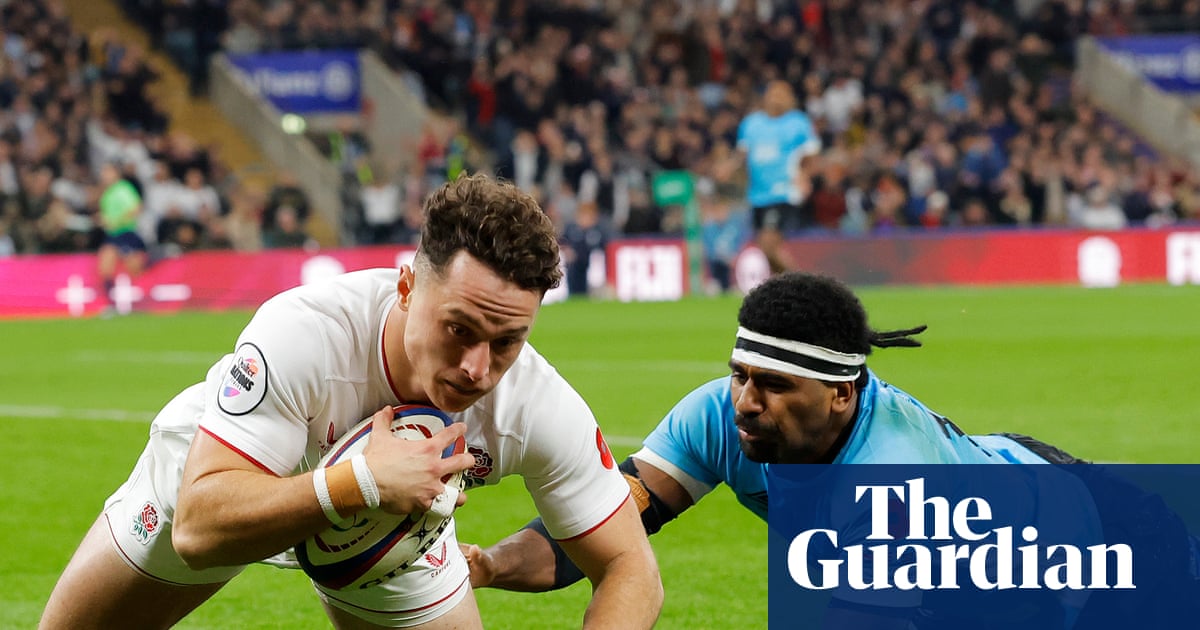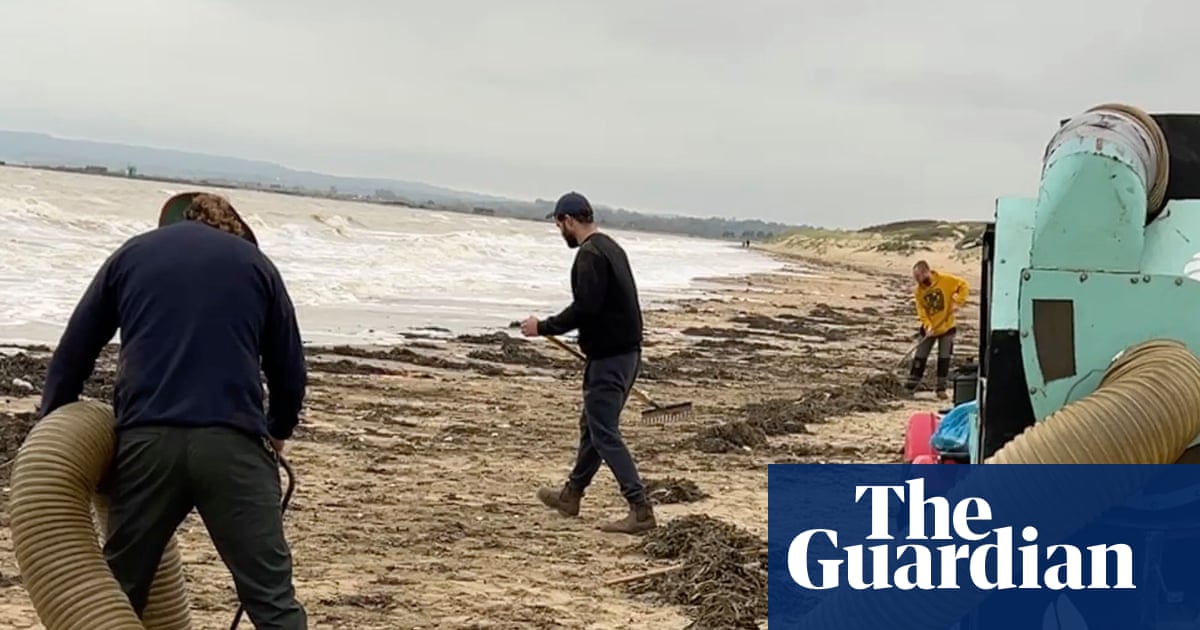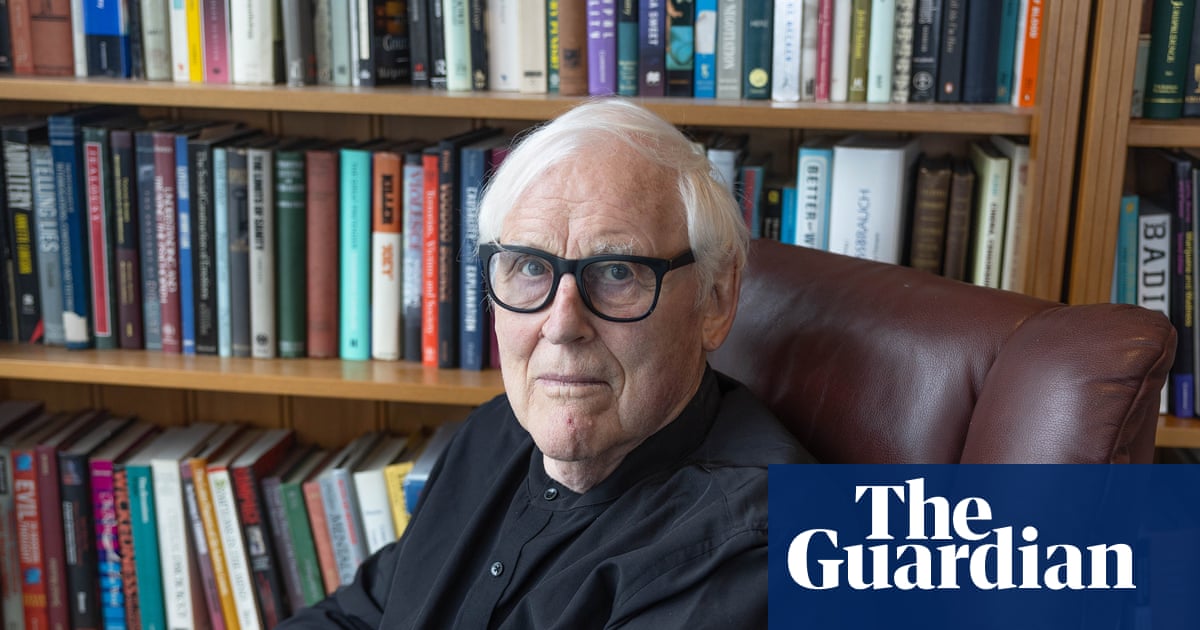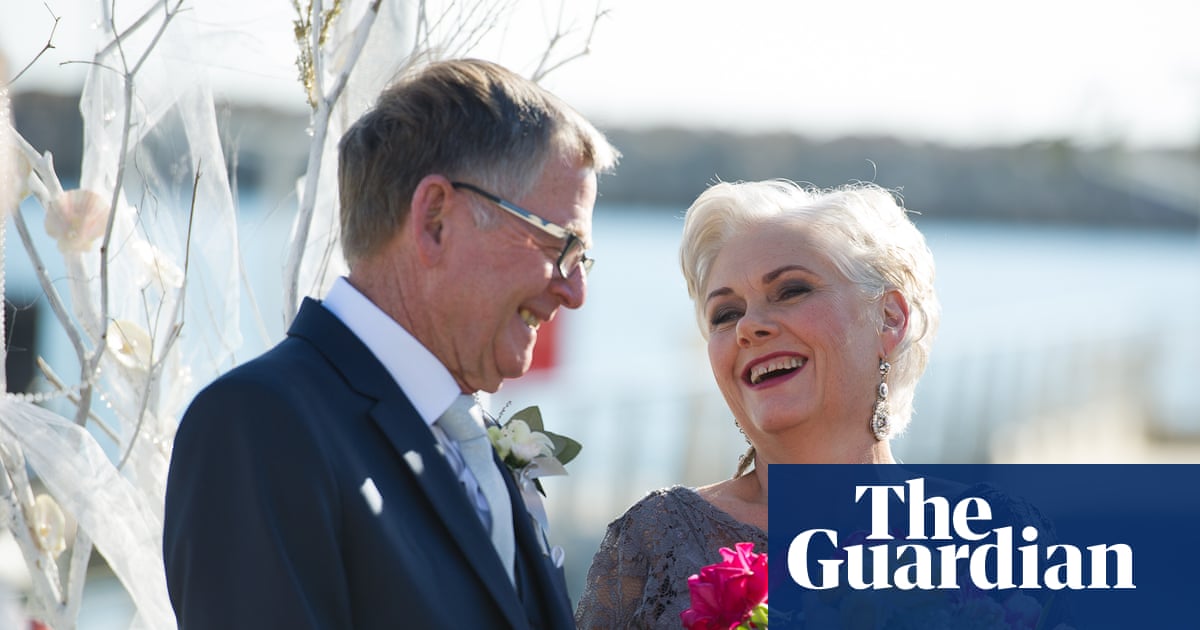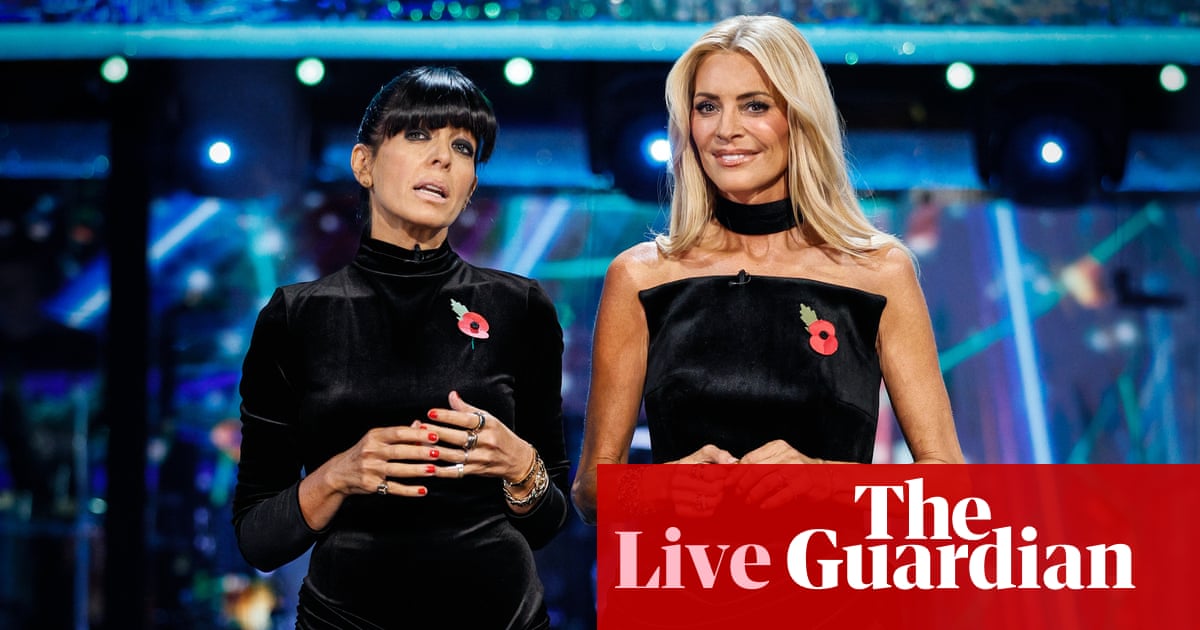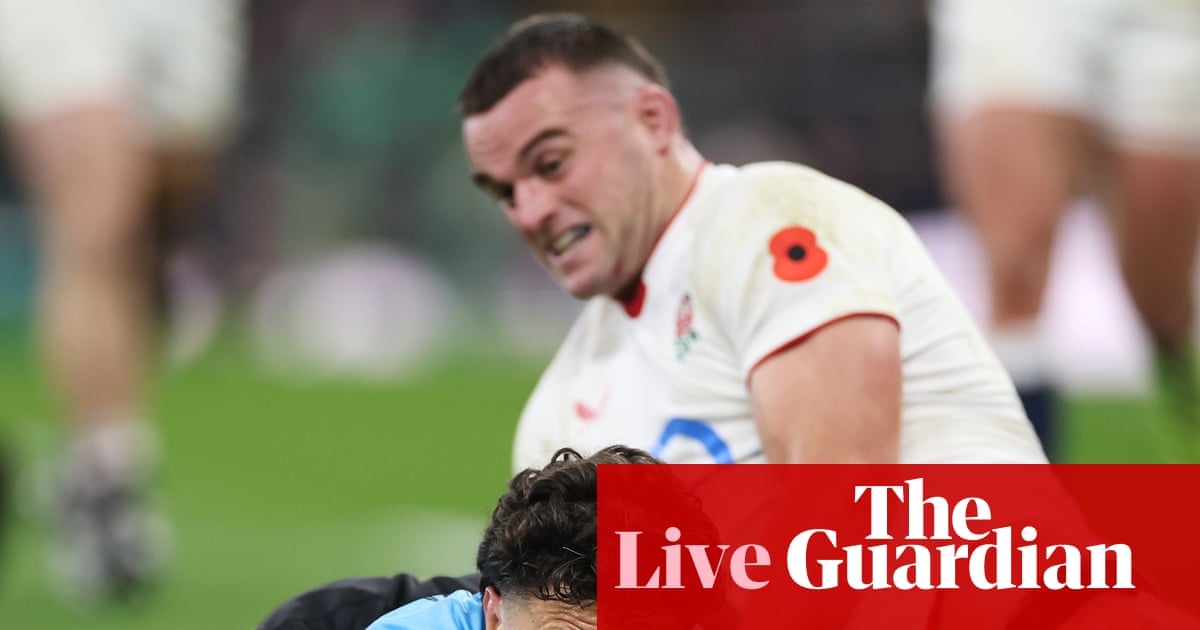Simon Jenkins says the teaching of oracy “was launched about 10 years ago by progressive educationists” (Another way we are failing an entire generation: we must teach young people to speak, 24 July). There has been enthusiasm for spoken English in schools for much longer than that.
In 1989, the government published the report English for Ages 5 to 16. In it, Brian Cox argued for the greater inclusion of oracy by asserting that “talk is now widely recognised as promoting and embodying a range of skills and competence – both transactional and social – that are central to children’s overall language development”.
Much effort had already gone into legitimising spoken English opportunities in the classroom, including by its appearance in examinations for CSE English. This was not only for formal oral presentations (debates, rehearsed readings etc) but more for the dynamic use of language arising from the multiplicity of environments with effective communication at their heart.
Jenkins is right when he argues that the narrow focus on the three Rs is archaic and irrelevant to the real world. What we need is a learning environment in which children can experience and explore talk in all its forms, as the backbone of language and its development.
Dr Mike Davis
Blackpool, Lancashire
As a teacher of mathematics and computer science, I cannot let Simon Jenkins’ assertion that maths “is not needed by 95% of jobseekers” pass without comment. I accept that a lot of the maths taught for GCSE (eg trigonometry, quadratic functions, laws of indices) is irrelevant in daily life, but I imagine the same is true of all subjects, since most of us do not need, for example, to recall shapes of molecules or understand chromatography (science), or be familiar with medieval or early modern Britain (history).
In her delightful book Is Maths Real?, Eugenia Cheng likens the study of maths to exercising core muscles. “There is no activity in life that involves only core muscles, but it’s helpful to have a strong core because it enables us to use the rest of our muscles to greater effect,” she writes. “It gives us better access to the rest of our strength, as well as protecting us against things like balance issues, tripping over and hurting our back.”
All study for GCSE qualifications strengthens our brains – different subjects in slightly different ways. Hence studying a variety of subjects, including maths, is vital. Moreover, if we strip several of these subjects down to the core useful bits, what will be left for students to talk about in oracy practice sessions?
Chris Willis
Oxford
I couldn’t agree more with Simon Jenkins. When I was a child my parents had no money for books and, as I had a twin, an ideal playmate, the idea of sitting and quietly reading was a non-starter. My parents talked a lot. To each other and to us. Opinions, family jokes, quickfire wit, stories and a lot of questions and most important, how to listen as well as talk. All this was, of course, informal.
My English teacher assumed I read all of the time at home, such was my ability to communicate. Sadly, with so many distractions in the home these days, the teaching of oracy in the curriculum seems more essential than ever for a child’s development and ability to communicate and to take their place in the increasingly complex world.
Debbie Cameron
Formby, Merseyside

 3 months ago
79
3 months ago
79


